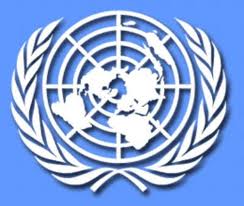 Farida Shaheed, United Nations Special Rapporteur in the field of cultural rights, presented her report on patents and access to culture to the General Assembly. The report’s summary is below, and the full report is available here.
Farida Shaheed, United Nations Special Rapporteur in the field of cultural rights, presented her report on patents and access to culture to the General Assembly. The report’s summary is below, and the full report is available here.
Summary: In the report, the Special Rapporteur addresses the implications of patent policy for the human right to science and culture. She reaffirms the distinction to be made between intellectual property rights and human rights, emphasizing that the right to the protection of the moral and material interests of authors does not necessarily coincide with the prevailing approach to intellectual property law. There is no human right to patent protection. The right to protection of moral and material interests cannot be used to defend patent laws that inadequately respect the right to participate in cultural life, to enjoy the benefits of scientific progress and its applications, to scientific freedoms and he right to food and health and the rights of indigenous peoples and local communities.
Patents, when properly structured, may expand the options and well-being of all people by making new possibilities available. Yet, they also give patent-holders the power to deny access to others, thereby limiting or denying the public’s right of participation to science and culture. The human rights perspective demands that patents do not extend so far as to interfere with individuals’ dignity and well-being. Where patent rights and human rights are in conflict, human rights must prevail.
Whereas from the perspective of trade law, exclusions, exceptions and flexibilities under international intellectual property law, such as the World Trade Organization Agreement on Trade-Related Aspects of Intellectual Property Rights, remain optional, from the perspective of human rights, they are often to be considered as obligations.




